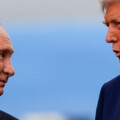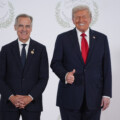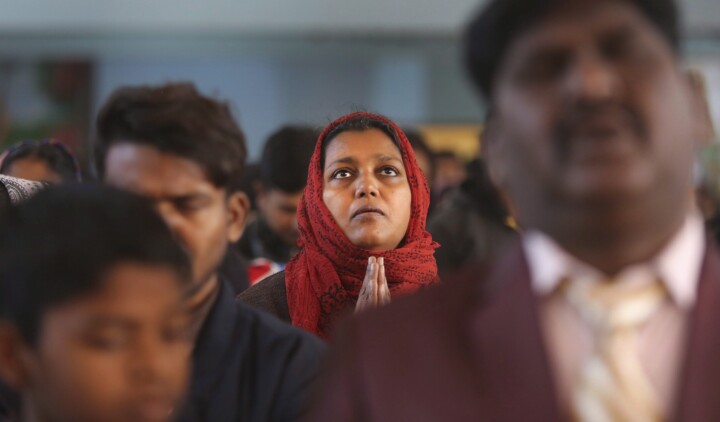TORONTO – Since Hamas’ terrorist attacks against Israel on October 7th, both the attacks and Israel’s military response have been the subject of protests, rallies, and solidarity statements on Canadian university campuses.
Student groups have been particularly vocal, with many issuing statements that express solidarity with Palestine. Some have even appeared to support the Hamas attacks. Universities and Jewish organizations have released their own statements. The University of Toronto and York University are generally representative of the campus dynamics in response to the renewed conflict in the Middle East.
On October 10th, Joseph Wong, University of Toronto’s vice president for international issues, issued a statement that condemned terrorist violence and the kidnapping of civilians and expressed condolences to both Israelis and Palestinians. Its student unions had their say as well, and that same day the University of Toronto Mississauga Student Union issued a statement via Instagram that expressed solidarity with the Palestinians, including for what it described as Israel’s “ethnic cleansing and mass genocide”, and characterized Hamas’ terrorist attacks as “the right to resist an apartheid regime.” About a week later, the University of Toronto Scarborough Student Union issued a similar statement, including a demand for the protection of those calling for a “free Palestine.”
Three York University student groups—the York Federation of Students, York University Graduate Students’ Association, and the Glendon College Student Union—issued their own statement of solidarity with Palestine on October 12th. The statement referred to Hamas’ attacks as “a strong act of resistance” to what it characterized as “settler-colonialism, apartheid, and genocide.” Nowhere did it acknowledge or recognize the Israelis who were killed, hurt, or kidnapped by Hamas.
Following the statement, York University received calls to decertify the student union. In response, on October 13th, the university issued a tweet from its official account that “unequivocally condemned” the student unions’ statement (though it did not mention them by name).
York University unequivocally condemns the inflammatory statement shared by three student unions last night. Freedom of expression has limits and comes with responsibilities. It must never reach into promoting or justifying violence against unarmed civilians. (1/4)
— York University (@YorkUniversity) October 13, 2023
York University gave the three student unions until October 25th to retract their statement. The groups refused to do so and instead issued another statement accusing the university of attacking union autonomy. As a result, the York Federation of Students organized a rally on November 2nd on campus and encouraged students to join them in protest.
That same day, the Canadian Federation of Students issued its own statement of solidarity with Palestine and the student unions who have come out in its favour. In particular, the statement condemned the “attacks on students’ unions” by university administrators which it characterized as efforts “to undermine student union autonomy and student safety.”
Hillel York, a Jewish-led student organization at York University, has been vocal about the ongoing hostage crisis. In response to the various statements from the university’s major student groups, it issued its own that criticized the others for treating “civilians in Israel as legitimate targets” and reflecting “an extreme and deliberate disregard for not only Jewish but all students affected by the horrible tragedies that have been and continue to occur.”
As the situation on university campuses continues to heat up, it is highly likely that this debate will continue in civil proceedings. York University and the York Federation of Students are currently being sued in a $15 million class-action lawsuit by current students, recent alumni, and former attendees from 1988 to 2021 on the grounds of negligence, specifically failing to address incidents of antisemitism, violating its non-discrimination policies. Depending on the outcome of this case, a precedent might be set for Canadian student unions and their universities to limit the language and focus of solidarity statements in the future.

If you enjoy Hub podcasts (including bi-weekly episodes with David Frum and Amanda Lang), be sure to check out more insightful commentary on The Hub’s YouTube page:
Recommended for You

Welcome to the age of great power capitulation: The Hub predicts 2026

A rocky road for Ontario, and an unconventional CUSMA renegotiation: The Hub predicts 2026

Poilievre will survive as CPC leader, and Canada will stay golden in men’s hockey: The Hub predicts 2026

Supply management will be sacrificed to appease Trump, and the Netflix takeover is bad for Hollywood: The Hub predicts 2026



